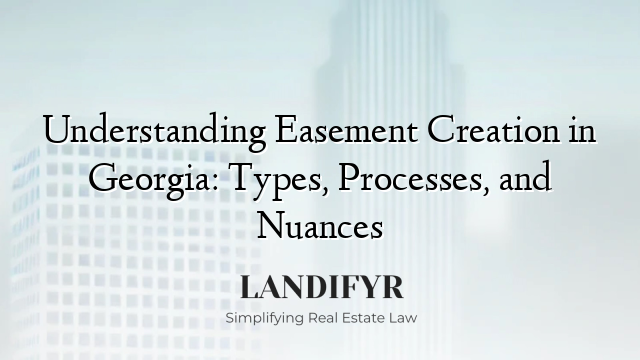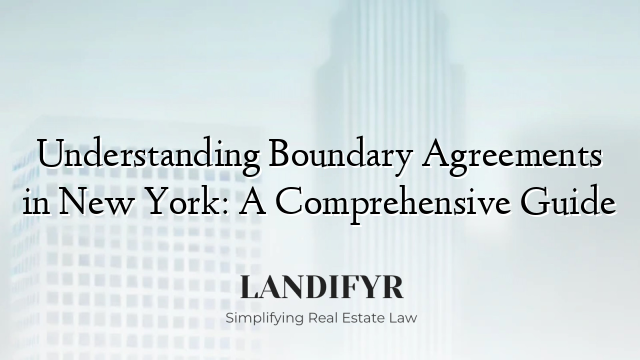Understanding Easements in Louisiana: Scope, Relocation, and Overburdening
Introduction to Easements in Louisiana Easements play a crucial role in property law in Louisiana, serving as legal rights to use another’s land for specific purposes. They facilitate a variety of activities, such as access, utilities, or conservation, and are essential in maintaining relationships between landowners. An easement essentially allows one party to benefit from […]
Understanding Easements in Louisiana: Scope, Relocation, and Overburdening Read More »









